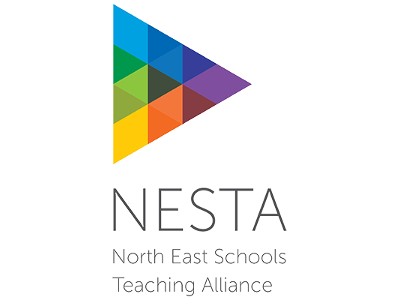History – Year 5
Download
Download our Year 5 History curriculum here.
Chronological Understanding
|
Knowledge and Interpretation
|
Historical Enquiry
|
- Can they use dates and historical language in their work?
- Can they draw a timeline with different time periods outlined which show different information, such as, periods of history, when famous people lived, etc.?
- Can they use their mathematical skills to work out exact time scales and differences as need be?
|
- Can they describe historical events from the different period/s they are studying/have studied?
- Can they make comparisons between historical periods; explaining things that have changed and things which have stayed the same?
- Can they explain the role that Britain has had in spreading Christian values across the world?
- Can they begin to appreciate that how we make decisions has been through a Parliament for some time?
- Do they appreciate that significant events in history have helped shape the country we have today?
- Do they have a good understanding as to
|
- Can they test out a hypothesis in order to answer a question?
- Do they appreciate how historical artefacts have helped us understand more about British lives in the present and past?
|
Purpose of study
|
Pupils should continue to develop a chronologically secure knowledge and understanding of British, local and world history, establishing clear narratives within and across the periods they study. They should note connections, contrasts and trends over time and develop the appropriate use of historical terms. They should regularly address and sometimes devise historically valid questions about change, cause, similarity and difference, and significance. They should construct informed responses that involve thoughtful selection and organisation of relevant historical information. They should understand how our knowledge of the past is constructed from a range of sources and that different versions of past events may exist, giving some reasons for this.
In planning to ensure the progression described above through teaching the British, local and world history outlined below, teachers should combine overview and depth studies to help pupils understand both the long arc of development and the complexity of specific aspects of the content. |
Aims
|
- Viking and Anglo-Saxon struggle for the Kingdom of England to the time of Edward the Confessor
This could include:
– Viking raids and invasion
– resistance by Alfred the Great and Athelstan, first king of England
– further Viking invasions and Danegeld
– Anglo-Saxon laws and justice
– Edward the Confessor and his death in 1066
Ancient Greece – a study of Greek life and achievements and their influence on the western world
A local history study
For example:
– a depth study linked to one of the British areas of study listed above
– a study over time tracing how several aspects of national history are reflected in the locality (this can go beyond 1066)
– a study of an aspect of history or a site dating from a period beyond 1066 that is significant in the locality
|
Possible topic:
Viking and Anglo-Saxon struggle for the Kingdom of England to the time of Edward the Confessor |
Possible topics:
Aincent Greece |
Possible topics:
A local history study (Eston Ironstone Mining) |










